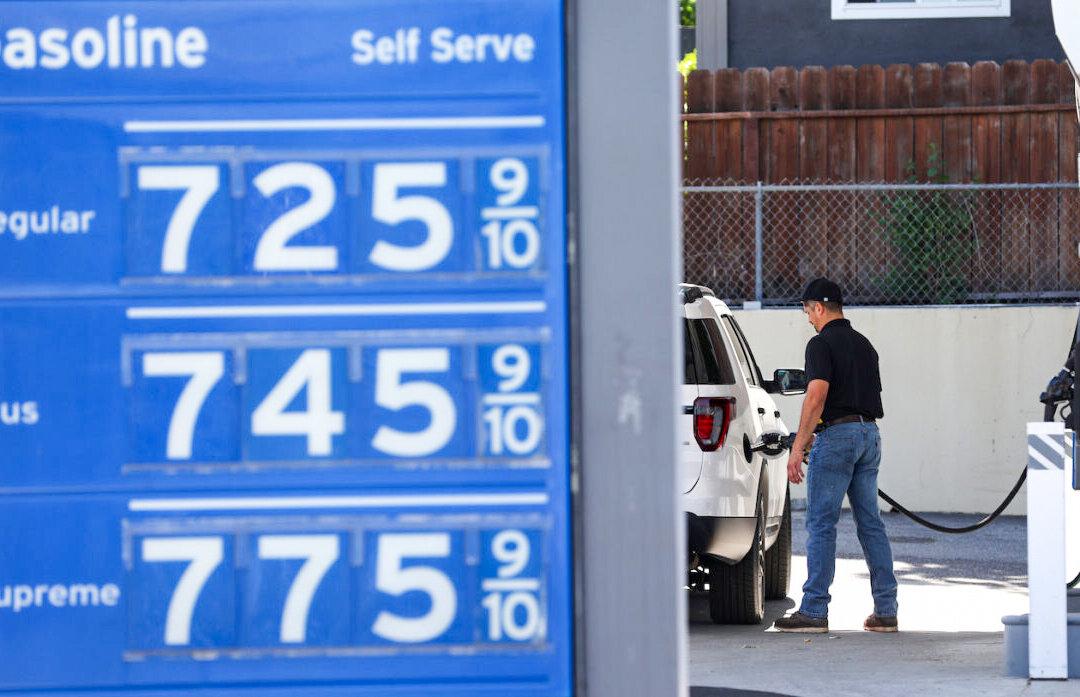While California is known for its high cost of living and elevated energy prices, the state of Washington now has the most expensive average gas price in the nation, according to data released on June 20 by the American Automobile Association, better known as AAA.
A gallon of regular-grade gasoline in California now averages $4.86 as of June 22, with Washington coming in at $4.95 after jumping 33 cents over the past month, according to AAA.





